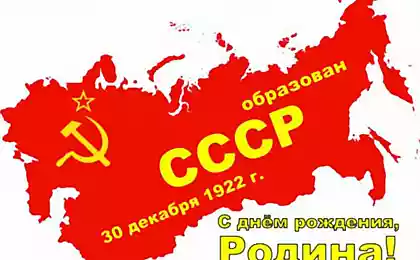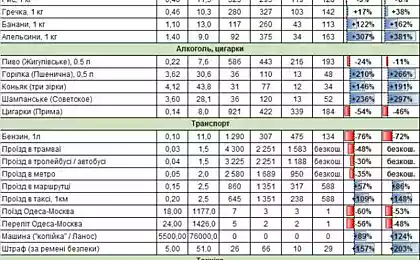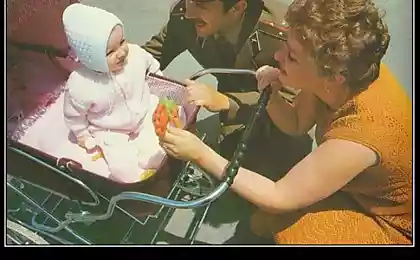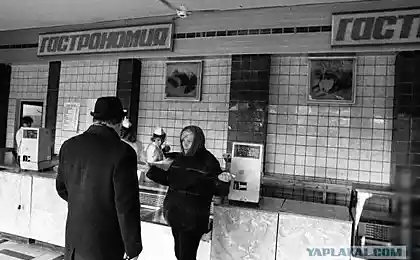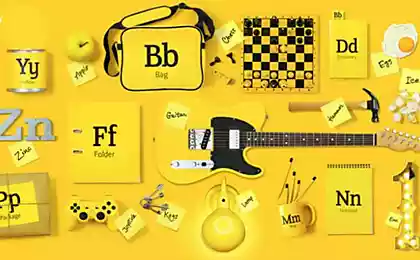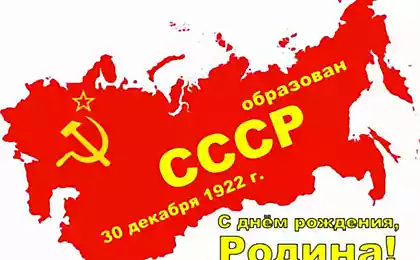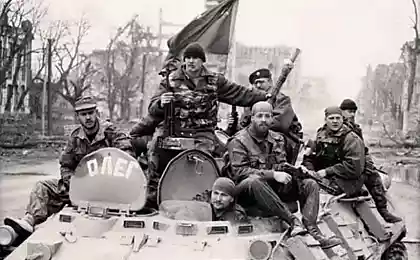216
Schuher, crap, Atas, Fingal and other words of young people in the USSR
Each generation has its own language of communication. In some cases, people with a wide age difference simply find it difficult to understand each other. And children sometimes get lost in the concepts that their grandparents use. It's so familiar to us that we sometimes start to forget. What is the word slang? What an important role it plays in culture. Meanwhile, it is slang that best reflects the trends of the era.
In terms of science, slang It is a new meaning of existing words, and it may differ in different groups. Simply put, it is a linguistic photograph of the people and times who use these words. In general, slang changes every 10 years. But now, with the advent of information technology, humanity is developing faster. That is, new words are actively used every 3-4 years. Remember what it was like in the '60s, '70s and '90s? Check how many words you understand.

Unsplash What is slang and how it was in different years Tresh, imho, offtop, pove and proof - slang units of the new generation. Currently, there is a tendency to reduce English words, but this was not always the case. Actually, it was a little different. Let's compare common expressions from the past with those that are popular now.
What was slang like in the 1960s? In the countries of the USSR for this period fell the end of the Khrushchev thaw and the beginning of the infamous stagnation. It is also known as the period of the sexual and industrial revolution. But the most remarkable imprint of that time are the remains of the subculture, which received the name style. They were first spoken about in 1940, but they lasted until the early 1960s and left a significant imprint on the lexicon of that time.
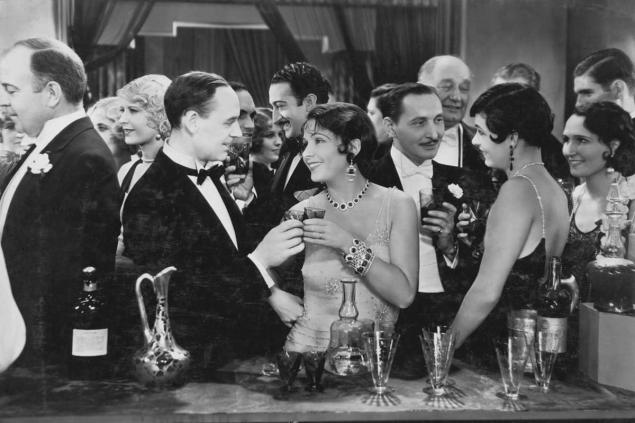
The styles differed in that they focused on Western and American culture. It concerned everything: musical tastes, clothes and manner of speaking. Here are some words and expressions that may be familiar.
Style - fiery dancing, imitating foreign styles.
Music on bones - self-made music records that were recorded on x-ray. By the way, without excessive drama, foreign music and its distribution were considered criminal.
Boilers are watches, wrists.
Broadway is the main street of any city or town similar to the central street of New York.
Sovarshiv is a mocking name for clothes of domestic production, designed to ridicule not the highest quality and not too attractive look of such products.
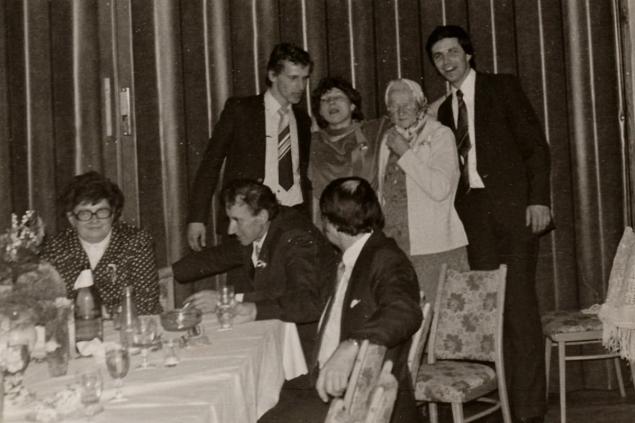
Shooze on porridge - shoes on a thick sole of soft rubber. And just shoes could be called any shoe.
Money - money, and in diminutive caressing - money, that is, money.
The towers are also money, respectively, to hang out - pay or give a bribe. In sixties The money was also called ruschiks.
A magician is a tape recorder.
Ink is a cheap fortified wine, such as Bilo Mitzne or Vermouth, which was drunk mostly by poor students.
Barucha is a girl of easy conduct.
Chucha was called that. style-song From the movie "Sun Valley Serenades."
Smoothing is an important walk, to go somewhere to dump. This word has a neutral-negative meaning, because mostly slackers flogged. In addition, sometimes the word “hit” was used instead of “hut”. When someone cheated, cheated, or pretended to be someone else.
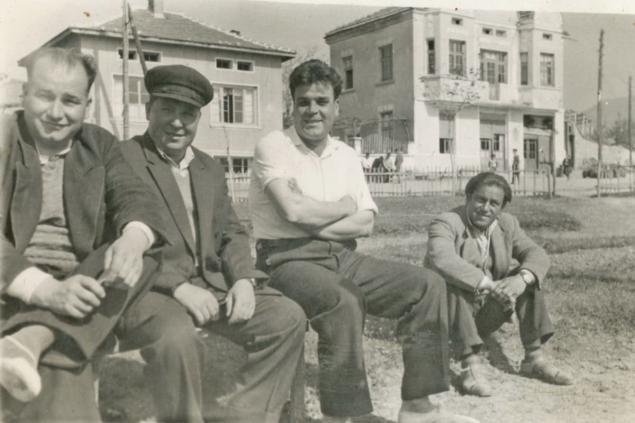
The slang and jargon of the 1970s This decade went down in history as an era. computer revolution and color television. The intensity of passions between the USSR and the United States finally subsided, and the youth with a redoubled zeal began to insert foreign words into sentences, which literally meant the same thing as in English.
Dance to creeze - to get drunk to unconsciousness. And if the word “drill” is a purely domestic invention, then the creise comes from the word “crazy”.
Hair is hair, usually long hair. “To cut haer” meant to cut hair, and the word hayratnik called a headband that held the hair. It's all derived from the English word. hair (hair)
Boil - from the word skip (passing). But in jargon it was used instead of the words "leave" or "run away."
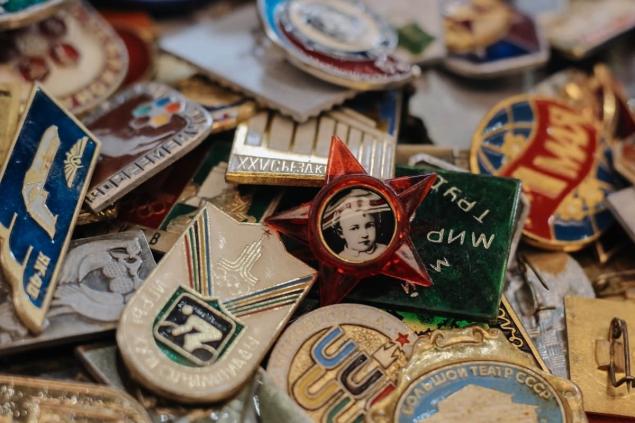
Unsplash Polis and the cops are the police.
Clothes, style.
To be afraid, or rather to be afraid of something.
A washcloth is a broad-minded girl who does not burden herself with serious relationships. However, more often used another word - gerla, with emphasis on a.
Dude and Dude is one of the few slang expressions that have survived to this day and are now considered an outdated moveton.
Fakman is an unpleasant, unworthy person.
Face is the face.
Drinking, using drugs is generally fun and not always culturally fun.
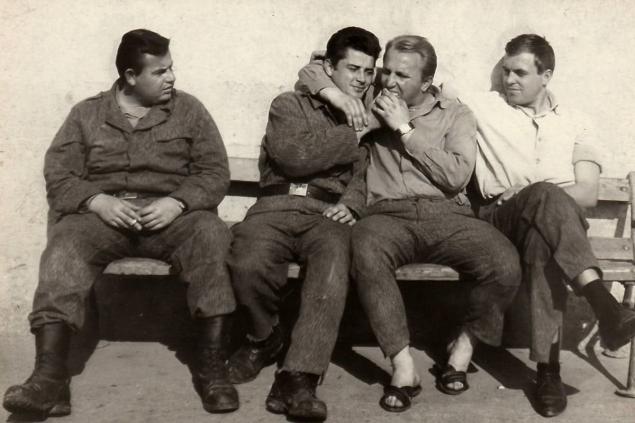
The nearest era to us, which is remembered for the appearance of high-profile blockbusters, the television boom and the golden era of rock. Even the Soviet Union relaxed the strict limits of censorship, and this could not but affect the lexicon of the time. In addition, the dashing nineties were approaching with their heyday of banditry. Many of these words came into active vocabulary from prison jargon, and some are still popular in use today.
Babies are money, tugricks, cabbage and lave.
A party or a party is a disco, although the word disco is already slowly dying out its last days, because the era of the disc has long passed.
Hare, enough, enough.
To coke or coke is to break something, to break it. For example, throw a mug or a car.
The lantern is a bruise under the eye. Did you know that the word fingal is also slang?
Ask - from the word "to ask" in English, but here it is applicable to begging.
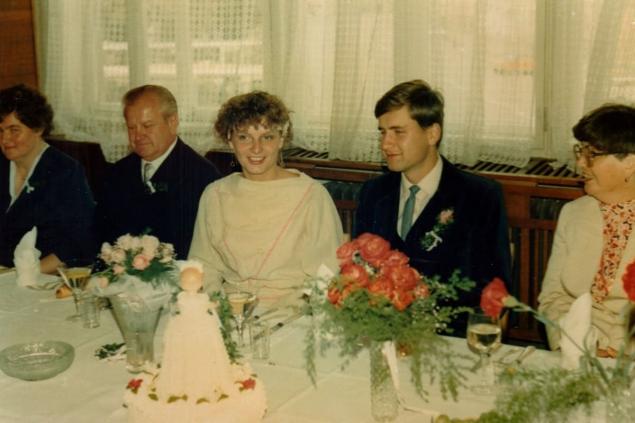
Schuher - earlier, in the 60s, the word "coat" was popular, which meant "atas!" if someone was standing "on the lookout." Then it turned into a sniper and a sniper.
Birch are employees of a special unit, which was formed at the expense of volunteers helping militiamen to conduct educational work among uncultured youth.
An iron is a smuggler who lives by buying things from foreigners and reselling them. Also the one who changes the currency.
Saic for fright is a disparaging gesture, which is the pulling of the opponent by the nose or tip of the chin if he is scared.
Toubzik is a restroom.
Break down - experience the deception of expectations, the collapse of hopes or just burn out some idea.
Now, not many people will understand the phrase “white sweaters on zippers with a fine label on the right poket”, which means it is just white zipper jeans with a cool label on the right pocket. This is an example of how young people try to talk. English-style.

Years went by, and now we have not parties, but parties, not creise, but kringe, not money, but coins. Modernity dictates new rules and new slang! There was a lot of computer-game slang: ping, muddy (with emphasis on y), byte. And a lot of strange words for an adult like crash, vibe or tube. But the trend towards English is still there! What interesting slang You know? Maybe something new or a few phrases from a distant youth?
In terms of science, slang It is a new meaning of existing words, and it may differ in different groups. Simply put, it is a linguistic photograph of the people and times who use these words. In general, slang changes every 10 years. But now, with the advent of information technology, humanity is developing faster. That is, new words are actively used every 3-4 years. Remember what it was like in the '60s, '70s and '90s? Check how many words you understand.

Unsplash What is slang and how it was in different years Tresh, imho, offtop, pove and proof - slang units of the new generation. Currently, there is a tendency to reduce English words, but this was not always the case. Actually, it was a little different. Let's compare common expressions from the past with those that are popular now.
What was slang like in the 1960s? In the countries of the USSR for this period fell the end of the Khrushchev thaw and the beginning of the infamous stagnation. It is also known as the period of the sexual and industrial revolution. But the most remarkable imprint of that time are the remains of the subculture, which received the name style. They were first spoken about in 1940, but they lasted until the early 1960s and left a significant imprint on the lexicon of that time.

The styles differed in that they focused on Western and American culture. It concerned everything: musical tastes, clothes and manner of speaking. Here are some words and expressions that may be familiar.
Style - fiery dancing, imitating foreign styles.
Music on bones - self-made music records that were recorded on x-ray. By the way, without excessive drama, foreign music and its distribution were considered criminal.
Boilers are watches, wrists.
Broadway is the main street of any city or town similar to the central street of New York.
Sovarshiv is a mocking name for clothes of domestic production, designed to ridicule not the highest quality and not too attractive look of such products.

Shooze on porridge - shoes on a thick sole of soft rubber. And just shoes could be called any shoe.
Money - money, and in diminutive caressing - money, that is, money.
The towers are also money, respectively, to hang out - pay or give a bribe. In sixties The money was also called ruschiks.
A magician is a tape recorder.
Ink is a cheap fortified wine, such as Bilo Mitzne or Vermouth, which was drunk mostly by poor students.
Barucha is a girl of easy conduct.
Chucha was called that. style-song From the movie "Sun Valley Serenades."
Smoothing is an important walk, to go somewhere to dump. This word has a neutral-negative meaning, because mostly slackers flogged. In addition, sometimes the word “hit” was used instead of “hut”. When someone cheated, cheated, or pretended to be someone else.

The slang and jargon of the 1970s This decade went down in history as an era. computer revolution and color television. The intensity of passions between the USSR and the United States finally subsided, and the youth with a redoubled zeal began to insert foreign words into sentences, which literally meant the same thing as in English.
Dance to creeze - to get drunk to unconsciousness. And if the word “drill” is a purely domestic invention, then the creise comes from the word “crazy”.
Hair is hair, usually long hair. “To cut haer” meant to cut hair, and the word hayratnik called a headband that held the hair. It's all derived from the English word. hair (hair)
Boil - from the word skip (passing). But in jargon it was used instead of the words "leave" or "run away."

Unsplash Polis and the cops are the police.
Clothes, style.
To be afraid, or rather to be afraid of something.
A washcloth is a broad-minded girl who does not burden herself with serious relationships. However, more often used another word - gerla, with emphasis on a.
Dude and Dude is one of the few slang expressions that have survived to this day and are now considered an outdated moveton.
Fakman is an unpleasant, unworthy person.
Face is the face.
Drinking, using drugs is generally fun and not always culturally fun.

The nearest era to us, which is remembered for the appearance of high-profile blockbusters, the television boom and the golden era of rock. Even the Soviet Union relaxed the strict limits of censorship, and this could not but affect the lexicon of the time. In addition, the dashing nineties were approaching with their heyday of banditry. Many of these words came into active vocabulary from prison jargon, and some are still popular in use today.
Babies are money, tugricks, cabbage and lave.
A party or a party is a disco, although the word disco is already slowly dying out its last days, because the era of the disc has long passed.
Hare, enough, enough.
To coke or coke is to break something, to break it. For example, throw a mug or a car.
The lantern is a bruise under the eye. Did you know that the word fingal is also slang?
Ask - from the word "to ask" in English, but here it is applicable to begging.

Schuher - earlier, in the 60s, the word "coat" was popular, which meant "atas!" if someone was standing "on the lookout." Then it turned into a sniper and a sniper.
Birch are employees of a special unit, which was formed at the expense of volunteers helping militiamen to conduct educational work among uncultured youth.
An iron is a smuggler who lives by buying things from foreigners and reselling them. Also the one who changes the currency.
Saic for fright is a disparaging gesture, which is the pulling of the opponent by the nose or tip of the chin if he is scared.
Toubzik is a restroom.
Break down - experience the deception of expectations, the collapse of hopes or just burn out some idea.
Now, not many people will understand the phrase “white sweaters on zippers with a fine label on the right poket”, which means it is just white zipper jeans with a cool label on the right pocket. This is an example of how young people try to talk. English-style.

Years went by, and now we have not parties, but parties, not creise, but kringe, not money, but coins. Modernity dictates new rules and new slang! There was a lot of computer-game slang: ping, muddy (with emphasis on y), byte. And a lot of strange words for an adult like crash, vibe or tube. But the trend towards English is still there! What interesting slang You know? Maybe something new or a few phrases from a distant youth?
Bright memory of the singer Vitaly Bilonozhko, his songs were adored even in Canada and the United States.
The famous Chinese astrologer voiced a horoscope for 2024, with the Dragon will not spoil







